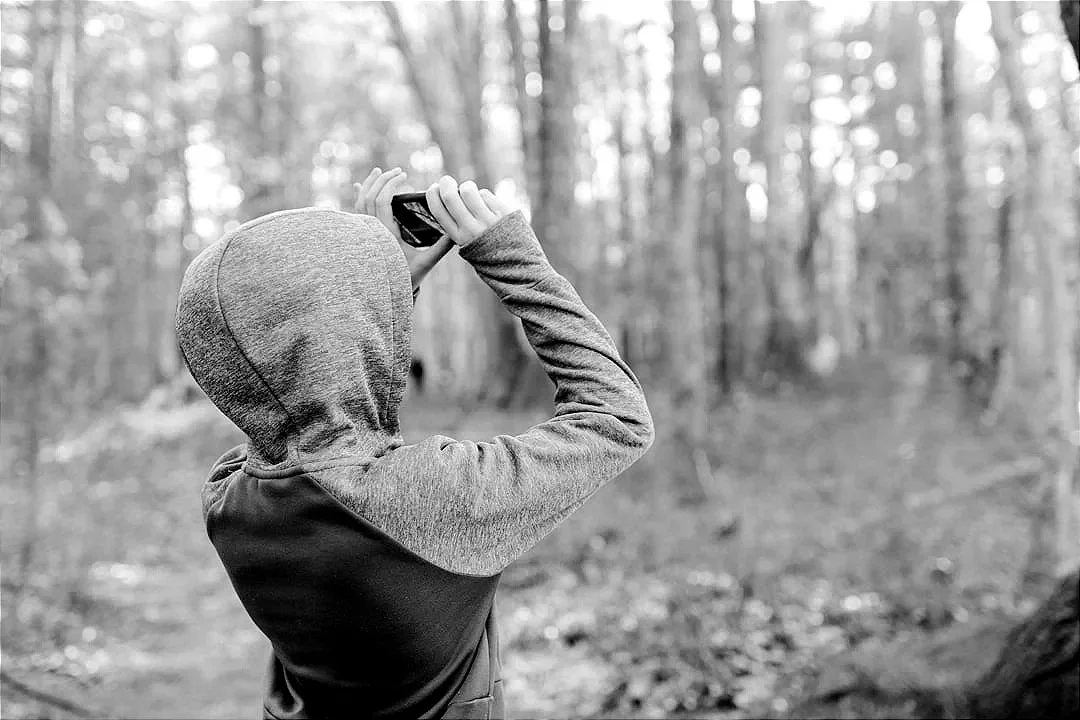Sarahsville, Ohio
Some memories are best left in the past
Growing up, I truly believed I was going to be a farmer someday.
In the 1970s, my parents subscribed to a hippy-dippy publication called Mother Earth News (which does still exist), and, being a nerdy yet imaginative pre-teen, I devoured those magazines, dreaming about my own homesteading possibilities. Articles taught how to live off-grid on a single acre of land—with chickens, cows, goats, and a sprawling garden. That would be enough for me.
(Note: now that I’m old, I know I couldn’t have handled it. I still enjoy this kind of labor. But I enjoy it on my terms. That’s not how farming works.)
Childhood visits to my double-great Aunt Ruth’s farm in Sarahsville, Ohio had sealed the deal.
Aunt Ruth was a majestic woman—the closest thing I ever had to a British grandmother. She taught me how to birdwatch, how to tell a raven from a crow, and how to write a proper thank-you note. (She may be trying to haunt me about that one—I’m still not great at it.) Every year for Christmas she subscribed me to Ranger Rick and Highlights magazines. I attribute any love I may have for ecology to her.
But the biggest deal about Aunt Ruth was her farm.
In my little-boy brain, she lived in the literal One-Hundred-Acre-Wood. There was a hill called the Knob that served as pastureland for the black Angus cows she raised. Sometimes I was allowed to hike to the top, and it felt like an expedition into someplace in Narnia.
My picture of farm life was shaped entirely by this piece of 8-year-old-boy paradise in Sarahsville, Ohio.
One spring, while visiting the farm, my dad and I wandered into Aunt Ruth’s forest (it was just a nearby wooded area) and had what I still consider one of the best days of my life. It had rained a lot. Everything was soaked, spongy — alive. A creek ran full through the woods, gorged by rivulets from who knows where. My dad and I launched several beaver-like construction projects, damming the streams and carving new paths for the water to flow. I received a full education in hydro-engineering that afternoon.
We returned to the farmhouse, and I was caked in mud and forest grime. Mom wasn’t thrilled, but I didn’t care. I was euphoric.
“We didn’t realize we were making memories. We just knew we were having fun.”
—Winnie the Pooh (AA Milne)
Memories are funny things. I’m sure that day didn’t register the same for my parents as it did for me. That’s the way of children— always absorbing way more than adults realize, processing the world through their own mysterious filter.
“Sometimes,” said Pooh, “the smallest things take up the most room in your heart.”—A.A. Milne
A year and a half later, we returned to Sarahsville. I couldn’t wait to revisit my forest and my dams. I felt certain my hydro-engineering genius had altered the entire ecosystem of this particular One-Hundred-Acre-Wood.
But it had been a dry summer.
The forest wasn’t what I remembered. The ground was hard. The creek was low. No rivulets ran. No new bodies of water had formed—despite all our work. The dams were gone. The forest had moved on, just like it had for thousands of years before, and would for thousands more.
I walked back to the farmhouse with a heavy heart, which my dad must have sensed. When I told him how disappointed I was, he said something I’ve never forgotten:
“Sometimes memories just need to stay in the past as memories. When we try to recreate them, they’re rarely as good as we hoped.”
I didn’t know it then, but that mixture of joy, disappointment, and muddy wonder became compost— micronutrients feeding the soil of who we become. This particular moment of quiet grief is still with me.
“The past is our definition. We may strive, with good reason, to escape it, or to escape what is bad in it. But we will escape it only by adding something better to it.”
—From The Hidden Wound by Wendall Berry
We talk a lot about “the good old days”—in families, in organizations, in nations. But the truth is, you can’t go back. Not really. Life unfolds in real time. As the seasons change, so do we. Whatever nostalgia we carry is like those forest dams—washed away, buried in new soil. Carole King had it right: these are the good old days. The past shaped us, but it doesn’t need to trap us. We can remember with fondness without trying to reconstruct what was never meant to be repeated.
And maybe this is the deeper thing I learned, even if it took years to name:
Controlling a forest is not the same as caring for one.
There’s a small grove of trees behind my condo. Over the years, English ivy crept in and choked them—some vines thick as a leg. I’ve started the slow, messy work of cutting them back. Hatcheting the vines. Giving the trees space to breathe. Letting light in.
I’m not building dams or managing the One-Hundred-Acre-Wood. I am tending to a few trees, though.
Maybe that’s enough.
Oh – and maybe you are doing better than you think.

